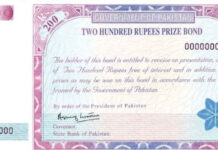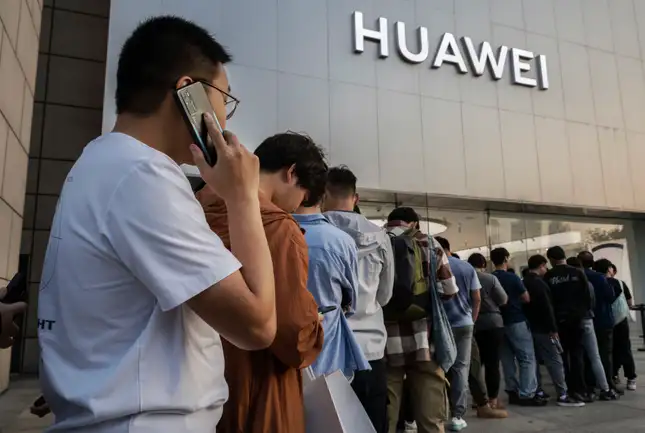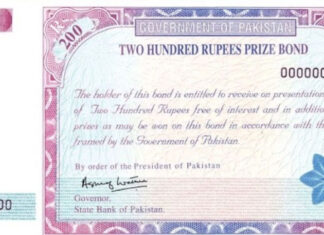Taiwan has officially placed Huawei Technologies and Semiconductor Manufacturing International Corp (SMIC) on its export control list, joining a group of restricted entities that includes the Taliban and al Qaeda. The decision, announced by the economy ministry’s trade administration, will require Taiwanese companies to obtain government approval before exporting any goods to the two Chinese tech giants.
The updated list was published on the ministry’s website and includes 601 entities from countries such as China, Russia, Pakistan, Iran, and Myanmar. The move is part of a broader strategy aimed at preventing arms proliferation and addressing national security concerns, according to a statement issued on June 10 following a government review meeting.
Both Huawei and SMIC are central to China’s efforts to advance its semiconductor and artificial intelligence capabilities. Neither company responded to media queries submitted over the weekend.
The ministry emphasized that Taiwanese manufacturers must strictly follow export control regulations, meet verification requirements, and thoroughly evaluate the risks of all transactions.
Taiwan, home to global chipmaking leader TSMC, already enforces stringent controls on semiconductor exports to China. TSMC is a key supplier to U.S.-based Nvidia and uses U.S. technology in its manufacturing processes—putting it under U.S. jurisdiction for export rules.
Huawei has been under similar restrictions since being added to the U.S. Commerce Department’s trade blacklist, which blocks access to American goods and technologies, as well as foreign products like TSMC chips manufactured using U.S. technology.
Last October, Canadian tech firm TechInsights found that Huawei’s 910B AI processor contained a TSMC-made chip, sparking further scrutiny. The chip was identified as the most advanced AI accelerator produced in mass volume by any Chinese company. In response, TSMC halted shipments to Chinese chip designer Sophgo, whose design matched the chip in Huawei’s processor. By November, the U.S. Commerce Department directed TSMC to cease further shipments to certain Chinese customers.
Taiwanese authorities have also pledged to curb attempts by Chinese firms like SMIC to poach chip talent or steal proprietary technology from the island.
SMIC, China’s largest chipmaker, has stepped up efforts to expand its production capacity as part of Beijing’s broader push for self-reliance in semiconductors—particularly in response to escalating U.S. export restrictions.






















